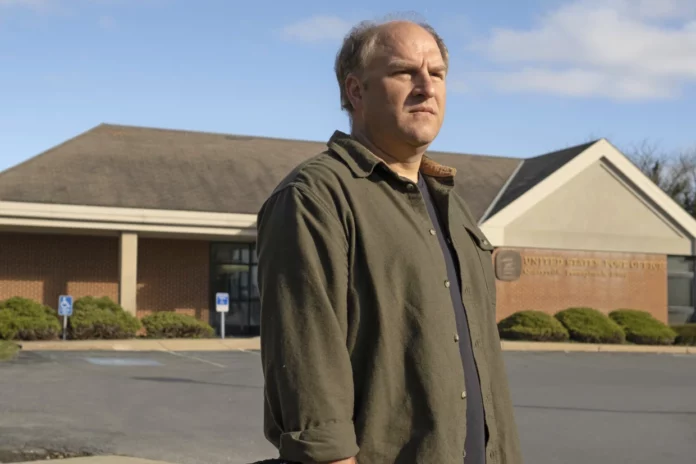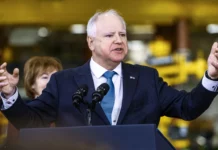An Intricate Legal Battle: The Supreme Court’s Examination of Religious Discrimination Claims
A Mail Carrier’s Struggle for Religious Accommodation
In a case that has captured the attention of various religious groups, Gerald Groff’s appeal reached the hallowed halls of the Supreme Court. As an evangelical Christian, Groff fervently believes Sundays are reserved for worship and rest, sparking a clash with his employer—the US Postal Service.
Groff’s managers initially made arrangements for his Sunday shifts to be covered, but alas, by July 2018, he found himself facing disciplinary action for refusing to work on the holy day. Ultimately, Groff resigned and pursued legal action against the Postal Service, accusing them of not accommodating his spiritual needs.
Title VII, Civil Rights Act: The Legal Foundation
At the heart of this contentious debate lies Title VII of the Civil Rights Act, which prohibits workplace discrimination, including that based on religion. Groff and his legal team seek to make it simpler for employees to bring forth religious claims under Title VII. The crux of their argument? Reevaluating the definition of “undue hardship” in the context of Title VII.
A 1977 Supreme Court ruling—Trans World Airlines v. Hardison—has set a standard that Groff’s lawyers argue favors employers, leaving little room for adequate religious accommodation. This ruling established that employers need not make accommodations if it would impose even a minimal burden.
A Chorus of Support and Caution
Groff’s case has garnered support from a diverse array of religious organizations, including the American Hindu Coalition, the American Sikh Coalition, and the Council on American-Islamic Relations. They collectively contend that the precedent set by the Supreme Court in favor of employers disadvantages workers from myriad religious backgrounds.
However, the American Postal Workers Union, representing roughly 200,000 members, filed a brief cautioning that a ruling in Groff’s favor could potentially create a “religious preference” for weekend work schedules, putting those who do not share the same beliefs at a disadvantage.
The Biden Administration’s Stance and the Supreme Court’s Evolution
Solicitor General Elizabeth Prelogar, representing the Biden administration, advised the court against overturning the Trans World Airlines v. Hardison precedent. She did concede, however, that some lower courts may have interpreted it too favorably towards employers. Prelogar posited that employers ought to be required to make accommodations that necessitate bearing lesser costs, such as occasional premium wages, missed shifts, or the expenses related to administering accommodations.
In 2020, with a conservative majority, the Supreme Court declined to hear a similar case involving a Seventh Day Adventist employee at a Walgreens call center seeking not to work on Saturdays. Yet, three conservative justices expressed openness to reexamining the “undue hardship” definition established by the Trans World Airlines v. Hardison ruling. Since then, the court has presided over several cases involving religious claims, occasionally ruling in favor of the plaintiffs.








